Ever thought of what gaming would be like without those classic tracks? Imagine if you play video games like Super Mario Bros. without the fun sounds that come from jumping on mushrooms and collecting coins. Or what boss battles in The Elder Scrolls V: Skyrim would be like if there weren’t a choir of men singing ghostly symphonies as you explore ruins. Music brings life to visuals and interactivity. It gives players the authentic experience of the adventure they partake in a game. Check out some of the greatest video game music you’ll ever hear. Maybe even reminisce on some of your favorite tracks you played on repeat during childhood.
What does music do in video games?
Music is a powerful tool that can influence human emotion, music in video games can dictate how the story is played out. It enhances the overall experience of gamers as they listen to songs, their auditory sense is stimulated in gameplay. Video game music, if done well, can seamlessly fuse with the visuals and interactive elements on the screen, it all becomes one whole experience. When you stop playing the music, you realize that the intensity of that experience is missing.
What are the best classic video game songs?
The best video game songs are the most memorable ones that made their way into many children’s core memories, the music that tied all the other elements to create an otherworldly gaming experience. Written by renowned composers from all over the world, listed are the best classic video game soundtracks.
Overworld Theme (Super Mario Bros)

One of the most well-known and unforgettable platform video games is Super Mario Bros., which even has adapted movies. The game was initially released in 1985 for the Nintendo Entertainment System (NES). It was accompanied by its iconic and recognizable music officially known as the “Ground Theme” or “Overworld Theme”. Composed by Nintendo’s sound director and video game composer Koji Kondo. Kondo said that the track was the hardest to compose and took the most time in completing among the six tracks of Super Mario Bros. The series has other games with amazing sound design, another theme to argue as the best soundtrack in would be from Super Mario Galaxy.
The composition for Overworld Theme greatly took influence from the 1984 song “Sister Marian” by T-Square, a Japanese fusion band. It became the theme of the series and its popularity made it commonly reused and remixed into other Nintendo games such as Super Smash Bros., Tetris DS, and WarioWare, Inc.
One-Winged Angel (Final Fantasy VII)

The seventh installment in the Final Fantasy series was released in 1997. It was developed by Square for PlayStation. Composed by a renowned name in the video games industry, Nobuo Uematsu. One-Winged Angel is an experimental score and the first theme in the Final Fantasy series to feature vocals.
A video game soundtrack meant to be a combination of rock and orchestra. After 25 years since the initial release of Final Fantasy VII , the well-known score is still recognizable as it has made frequent plays in the Classic FM Hall of Fame and on BBC Radio 3 music shows. In 2020, Final Fantasy VII Remake was released along with a rip of One-Winged Angel Rebirth.
Song of the Grid (Ballblazer)
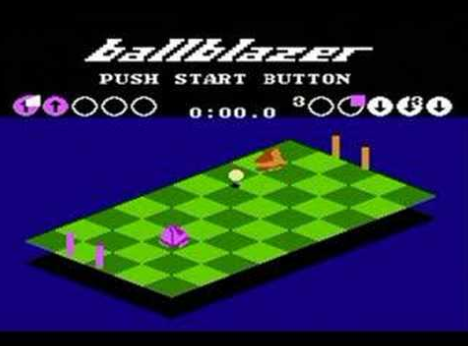
Ballblazer is an innovative sports video game created by Lucasfilm Games and released in 1985 for the Atari 8-bit family. Atari also developed Pong, the first video game to capture wide-scale public attention.
The game’s Song of the Grid was composed by game designer, programmer, and musician Russell Lieblich. It is an algorithmically generated tune, the sound design referred to as riffology, a technique tailored by the team leader of Lucasfilm Games, Peter Langston.
It can play music in between matches and can go on forever without repeating, still maintaining the original tune of the theme.
Overworld Theme (Legend of Zelda: A link from the Past)

The third game in The Legend of Zelda series, the Legend of Zelda: A Link to the Past was initially released in 1991 for the Super Nintendo Entertainment System (SNES) or commonly known as Super NES or Super Nintendo.
Yet, another composition by Koji Kondo. The series has some of the best video game soundtracks. The theme song was originally the overworld theme of The Legend of Zelda (“Hyrule Overture”) but was re-composed to suit the Super Nintendo style.
The overworld theme song version from the third game established the musical core of the entire series. The theme became a recurring song in the series.
Theme Song (Legend of Zelda: Breath of the Wild)
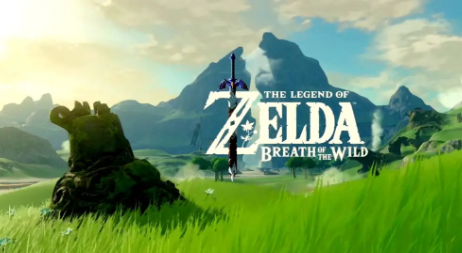
The nineteenth game in The Legend of Zelda series, the Legend of Zelda: Breath of the Wild was released in 2017. It was the third and last Nintendo game released for the Wii U. In the catergory of modern games. Composed by Nintendo sound designer Hajime Wakai along with composers Manaka Kataoka, Yasuaki Iwata, and Soshi Abe.
The ensemble is composed of keyboard and wind instruments, as well as accordion highlights. After its release, the game won numerous awards at the Game Awards 2017 and was nominated for Best Art Direction, Best Score/Music, and Best Audio Design.
Quest Welcome to Crocodile Isle (Donkey Kong Country 2: Diddy’s Kong)
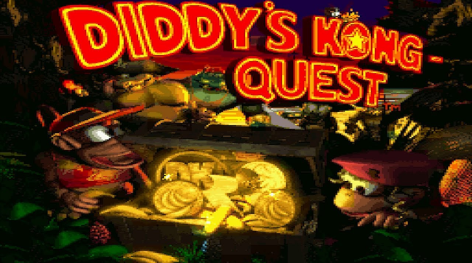
Donkey Kong Country 2: Diddy’s Kong Quest was released in 1995, it was developed by Rare and published by Nintendo for the Super Nintendo Entertainment System (SNES). Welcome to Crocodile Isle was composed David Wise, a musician and Rare’s main video game composer of the entire DK2 soundtrack.
Crocodile Isle is also known as Kremling Island or Krem Island. A large, mountainous island where Diddy and Dixie Kong adventured in the games Donkey Kong Country 2 and Donkey Kong Land 2. The map’s theme from the games, except for the Lost World.
At Doom’s Gate (Doom)

Doom is a first-person shooter video game developed by id Software and released in 1993 for MS-DOS. Its video game soundtracks are inspired by metal and punk musicians such as Slayer, Metallica, King Diamond, and more.
At Doom’s Gate featured a style of riff that was widely popular in 1980s heavy metal. A perfect fit for this mixture of science fiction and dungeon and dragons. The soundtrack was composed by independent game composer and sound designer Bobby Prince.
Nascence (Journey)
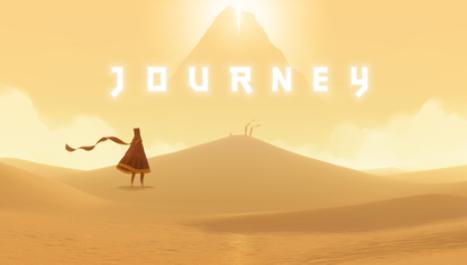
Journey is an indie adventure game released in 2012. Developed by Thatgamecompany for the PlayStation 3. In the catergory of modern games. The soundtrack was composed by two-time BAFTA-winning composer Austin Wintory.
Coupled with the game’s wordless and emotional journey in the vast desert, its full orchestral original soundtrack creates a touching hallmark of brilliance. With the beautiful gaming experience and stirring score of Journey, along with the forehand-released Flow, Austin Wintory made history by having its soundtrack the first video game to be shortlisted for a Grammy Award.
It became a Grammy Award nominee for Best Soundtrack for Visual Media. The entire score of the soundtrack is structured around the first few notes of the opening song, Nascence.
Hydrocity Zone Act 2 (Sonic The Hedgehog 3)

Another classic with adapted movies, Sonic the Hedgehog 3 is a platform game released in 1994 and developed by Sega for Genesis. Composed by video game composer Brad Buxer, in collaboration with one of the most famous musicians in the music industry, Michael Jackson. Jackson composed portions of the soundtrack, but left the project and went uncredited.
Hydrocity Zone Act 2 has garnered popularity due to its funky jazz beat. In 2017, SEGA Genesis released Sonic Mania along with a rip of a version of the entire soundtrack. It became the highest-rated Sonic game in fifteen years.
The Opened Way (Shadow Of The Colossus)
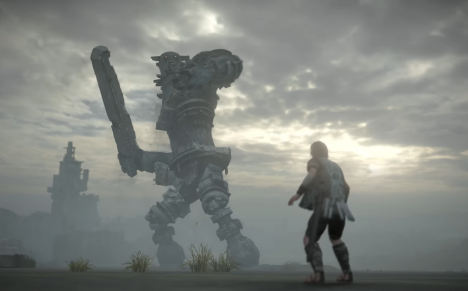
An action-adventure game developed by Japan Studio and released in 2005 for the PlayStation 2.
Its opening theme, The Opened Way, was composed by Kow Otani, a known composer of soundtracks for Godzilla, Mothra, King Ghidorah: Giant Monsters All-Out Attack, and Mobile Suit Gundam Wing. It was nominated for “Best Original Music” in GameSpot’s awards for 2005.
Chrono Trigger (Chrono Trigger)
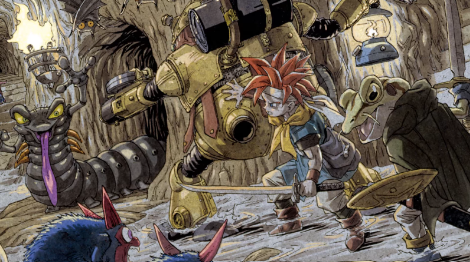
One of the timeless role-playing video games that was originally released by Squaresoft in 1995 for Super Nintendo Entertainment System (SNES). The soundtrack was composed by video game composers Yasunori Mitsuda and Nobuo Uematsu. During the 16-bit era, it was unique for having over 60 tracks with each lasting around two minutes. The soundtrack has had several remakes and re-releases on discs. In 1999, Mitsuda delivered another set songs for Chrono Cross.
Theme Song Grand Theft Auto: San Andreas
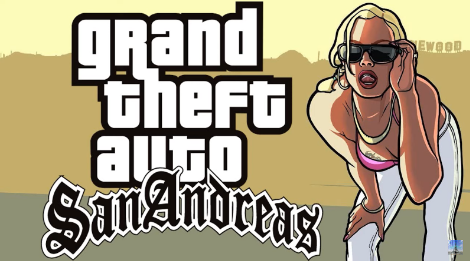
The seventh installment in the overall Grand Theft Auto series, and notable for its 11 in-game radio stations that can play more than 150 licensed music in various genres. It plays 90’s contemporary music as well as popular music from the decades preceding, making it feel like a real-world scenario. You’ll have a 12th radio station when you create your own mixtapes.
Grand Theft Auto: San Andreas was released in 2004. Developed by Rockstar North and published by Rockstar Games for PlayStation 2. It was composed by video game composer Michael Hunter. Its theme song was iconic, appearing on the Grand Theft Auto: San Andreas: Official Soundtrack compilation.
It has a slightly rearranged extended version that is heard during the ending credits of the game. Other songs were based on it such as Vice Lights from Race and Chase.
Pokemon Red and Green Lavender Town
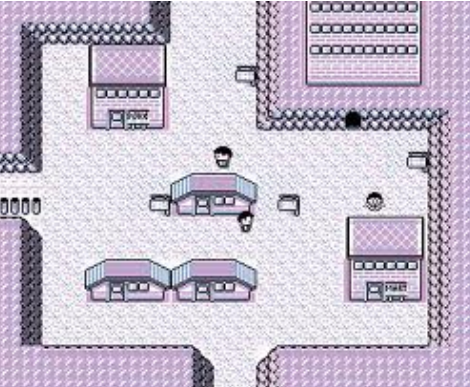
Many rearrangements have been publicized, but the original Japanese version of Lavender Town of Pokemon Red and Green was released in 1996. It was developed by Game Freak and published by Nintendo for the Game Boy.
The first installments of the Pokémon video game series. It was composed by Game Freak executive and video game composer Junichi Masuda.
Other versions of Lavender town are edited to have lower pitches, as the original high-frequency music raised concerns from players with undeveloped auditory senses. In 2010, Creepypasta released an article on “Lavender Town Syndrome”, rumors of Japanese children committing suicide upon hearing the video game music.
The music was notable for its haunting melody wrapping the graveyard atmosphere of Lavender Town.
What is the music in video games called?
Video game music (VGM) is the audio file format and background music that complements the visuals and interactivity in video games. It is basically the default format in retro video games. When compressed it turns into Virtual Gaming Zone (VGZ).
In the 1970s, video games began rising as a form of entertainment. The first game consoles had limitations and could only play monophonic tunes generated within sound chips. It became a style of game music known as chiptune or 8-bit music.
With the technological advances that developed over the years, video game music began progressing along the way.
Music began meshing with the interactive elements of a game. When the 16-bit era came, video game soundtracks incorporated bass and electronic textures. In today’s video game industry, video game composers create scores for a full orchestra and choirs.
Video game soundtracks can either be original or licensed music. Licensed music became popular in the 2000s. Music sold in digital distribution had its limits, especially since there are multiple copyright laws, but pre-recorded music has its advantages with sound quality and the overall composition of the track.
Why is music in games so important?
You will notice how big of an impact an element has when it is gone. Music is a pivotal part of video games. Without music in video games, the gaming experience would be flat, gamers would not be engaged and immersed with what’s happening in the screen alone. We understand the tone of a storyline with the help of background music.
The upbeat sound of jumping and collecting coins, the rising beat of the drums in battle, and the melody that plays when you lose all your lives.
Many video games have a trademark sound that people, even non-players can recognize. Video game music is remade over and over again in an attempt to relive the atmosphere of the game.
How does music in video games affect the brain?
Scientific studies have proven the stimulation our brains experience when we listen to music. It makes our brain release dopamine, the happy chemical.
The typical upbeat music in video games increases our focus, motivation, and productivity, it is also associated with improved memory and creativity. Conducting mundane tasks becomes enjoyable when you listen to game music to make you feel as if you are on a quest.
Music without lyrics is less distracting, it is also the same reason why many people like to play colored noise in the background. Depending on a person’s ability, playing game music while multi-tasking may obstruct or give a positive impact on cognitive abilities.
Conclusion
Video game music has evolved greatly over the years. Newer concepts have been developed and music had to adapt to the changing times. Even the act of scoring games has changed.
Game designers and composers now equip modern games with tracks that are more flexible and encompassing. But the purpose of video game music is still the same, that’s why the best classics will never be forgotten.
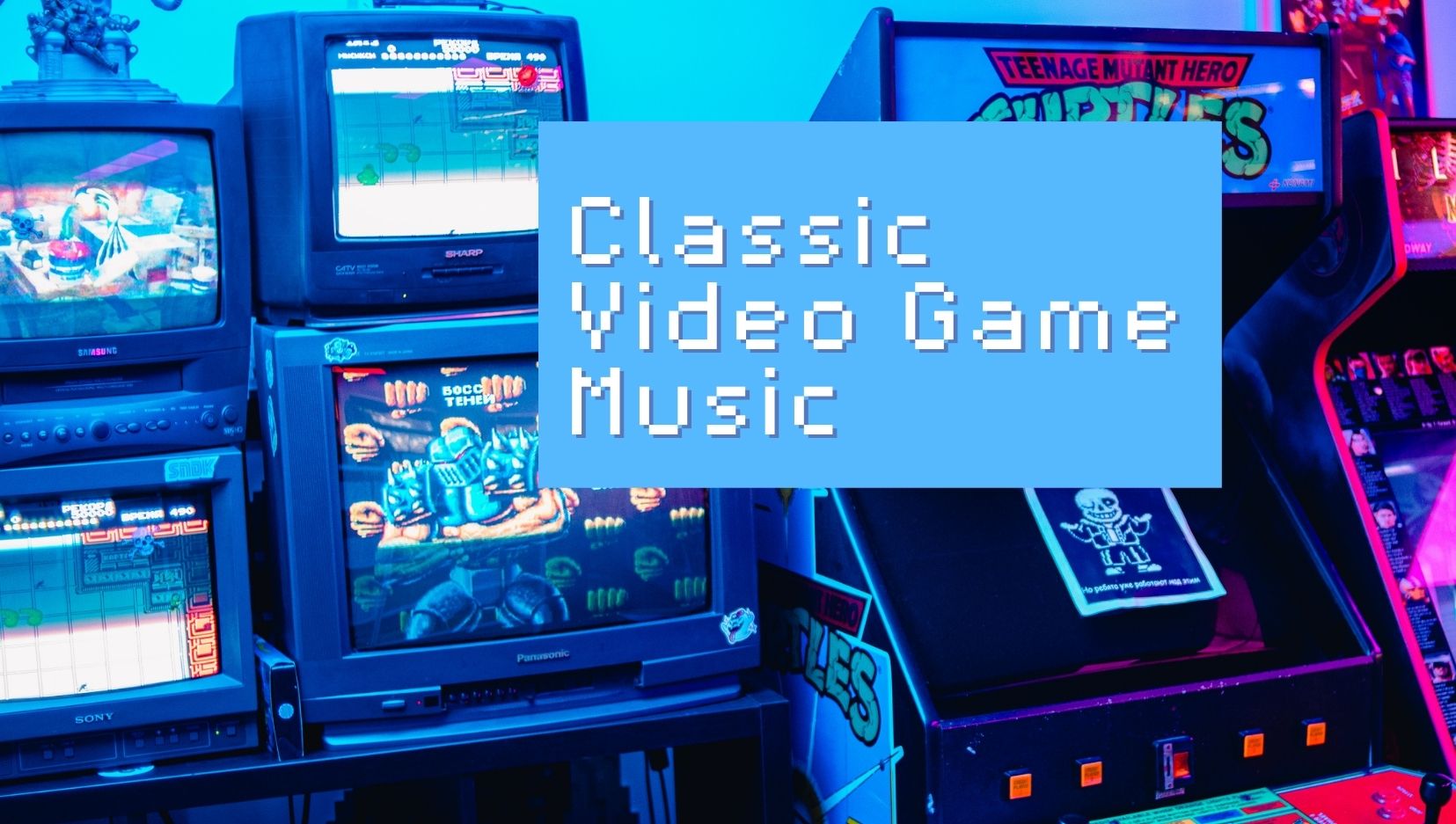
Leave a Reply